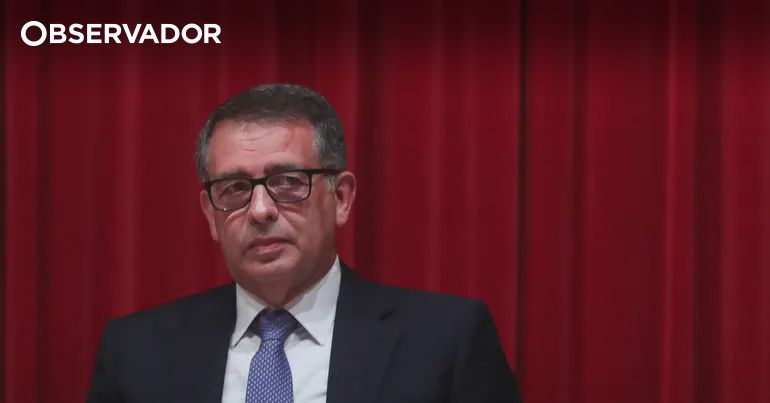The Challenge Ahead
António José Seguro begins by addressing the pressing issue: "The Parliament has nine forces, three of which are relevant. The conditions for governance have deteriorated, making it difficult for these forces to create alliances. Without governance, how can we make decisions?" He emphasizes the need to establish institutional criteria, given the lack of willingness in the political culture to ensure that future governments can effectively address the country's needs.
Proposed Solutions
When asked for specific ideas, Seguro mentioned the importance of fostering reflection on the issue and suggested that one solution could involve not voting on State budgets, similar to how government programs operate. He argues that those who reject proposals must offer an alternative governance plan. This comes after President Marcelo's remarks linking budget rejections to the dissolution of the Assembly of the Republic.
Urgency for Change
Seguro articulates the urgent need for a qualitative leap that frees the country from its constraints and mobilizes the Portuguese people. He advocates for project-based governments rather than mere transitional ones, insisting on policies that endure beyond electoral cycles and a commitment to overcoming the current "trench culture."
Reflecting on Past Political Choices
Looking back, Seguro recalls his refusal to join the "national salvation commitment" proposed by former President Cavaco Silva in 2013, aimed at addressing the political crisis triggered by Paulo Portas' resignation. He now refers to that period as "another incarnation" of his political life.
A Shift in Political Identity
Despite a decade-long hiatus from politics, Seguro's journey has taken him from youth party leadership to the helm of his party. He aims to distance himself from the stereotype of a "career politician," criticizing those who excel in rhetoric but fail in execution and who hide behind a "political culture" he openly disdains.
Ideological Positioning: Social-Democrat
During a later session focused on ideological positioning, Seguro engaged with young attendees, referring to them as his students, while maintaining his candidacy stance. He emphasized the necessity of changing the political culture and urged for the "indignation," "unease," and "revolt" of youth, alongside a call for political ethics. He expressed his optimism about this change, stating, "I have hope; otherwise, I wouldn’t be here talking to you."
Social-Democracy: A Need for Update
Identifying himself as a "social-democrat, a democratic socialist," Seguro acknowledged the need for the social-democratic proposals to be updated. He reaffirmed the core values of "freedom and equality" allied with a market economy, stressing the importance of generational solidarity and equal opportunities. He lamented that while social-democracy is vibrant in values, it has become "dead in its proposals," acknowledging the lack of a quick fix, stating, "I don't have a magic wand."
















Comments
Join Our Community
Sign up to share your thoughts, engage with others, and become part of our growing community.
No comments yet
Be the first to share your thoughts and start the conversation!